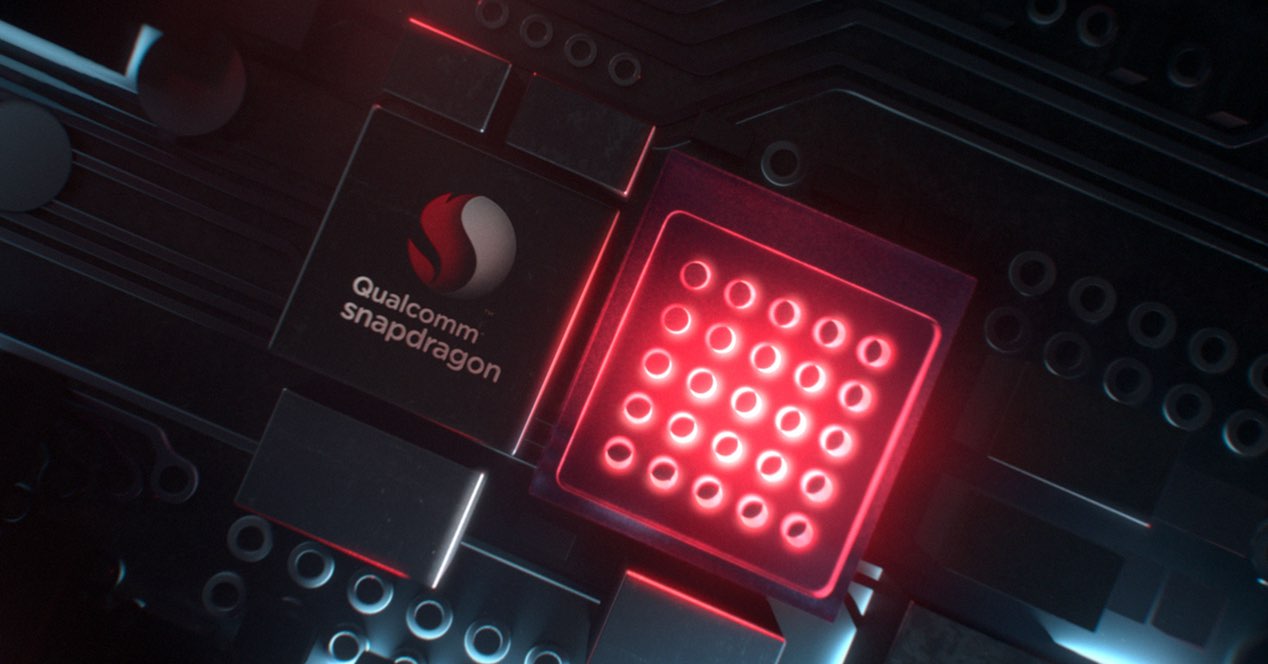
Even we ourselves sometimes compare two smartphones based on the scores they have obtained in the benchmarks, which analyze the performance of mobile phones. But the truth is that these scores are not really useful to us. In fact, on many occasions, not even the difference between processors is relevant.
The benchmarks are relative
The benchmarks try to theoretically analyze the performance of a smartphone, or a processor. This is so that we can analyze a mobile in a way that is not subjective. However, the result is the opposite, because objective analyzes are not always the most useful. In large numbers, yes. In other words, a processor that achieves 200% better performance than another is obviously much better. But if the differences are even less than 50%, it is possible that we are not talking about big differences in the operation of the standard mobile. What's more, many mobiles are optimized to perform at a higher level with benchmarks, so the results are not a reference.
And then we cannot forget some additional detail, such as the fact of the interfaces that each manufacturer installs on the mobile. The more processes a smartphone runs, the more resources it consumes. That is, two smartphones with the same processor could offer us a different performance when running the same application if one of them has a much heavier graphical interface that makes the mobile much slower. In this way, it is of little use to us to be told that a mobile phone will have the Qualcomm Snapdragon 835. But, given the objective nature of the benchmarks, it is not relevant to know the score obtained by mobile phones in these analyzes.
How good can a mobile be?
In addition, we cannot forget one more factor. And, if with a mid-range processor like a Qualcomm Snapdragon 650, we can already achieve good performance to run any video game, why reach a Qualcomm Snapdragon 820 or a Qualcomm Snapdragon 835? Actually, an element such as the processor is not as relevant as it would be, for example, the RAM memory, or the internal memory of our mobile in terms of performance.
Today, the only way to know what the real performance of a mobile is is to test it, and not for a few hours, but for a few weeks, installing applications, occupying memory, testing its battery ... only then will we know what the true level is of a smartphone. And for that, the only thing we can do is resort to the opinions of users who have been able to use a similar mobile for a long time. And even so, being subjective, it will depend a lot on what he thinks. It is complicated. But obviously, not all that is relevant is the score they achieve in a benchmark.
I do not agree. Looking at it that way then let's get stuck where we are and that's it. That the software and hardware are not developed further.
In my opinion that the hardware is several steps ahead that the software is not the fault of the developers of the hardware section, that the software developers do not drop an idea or move slower.
It does not bother me that 8gb ram memories or processors with more cores, more clock frequency, better gpu, or less nm come out. On the contrary, I support them 100%. Those who should put the batteries would be the software developers with Google in the lead.
With the issue of benchmarks I agree a little more. After the news that oneplus took the processor to the extreme in the benchmarks to get a better score, one of those that do not stand out well and lose taking them as a reference is antutu, among other benchmarks.
Progress is always good. That is very positive. The question is that a user does not go crazy when buying a mobile thinking that it is worth spending 400 euros more on a mobile just because it gets 20.000 more points in a benchmark, or has a processor launched 6 months later.